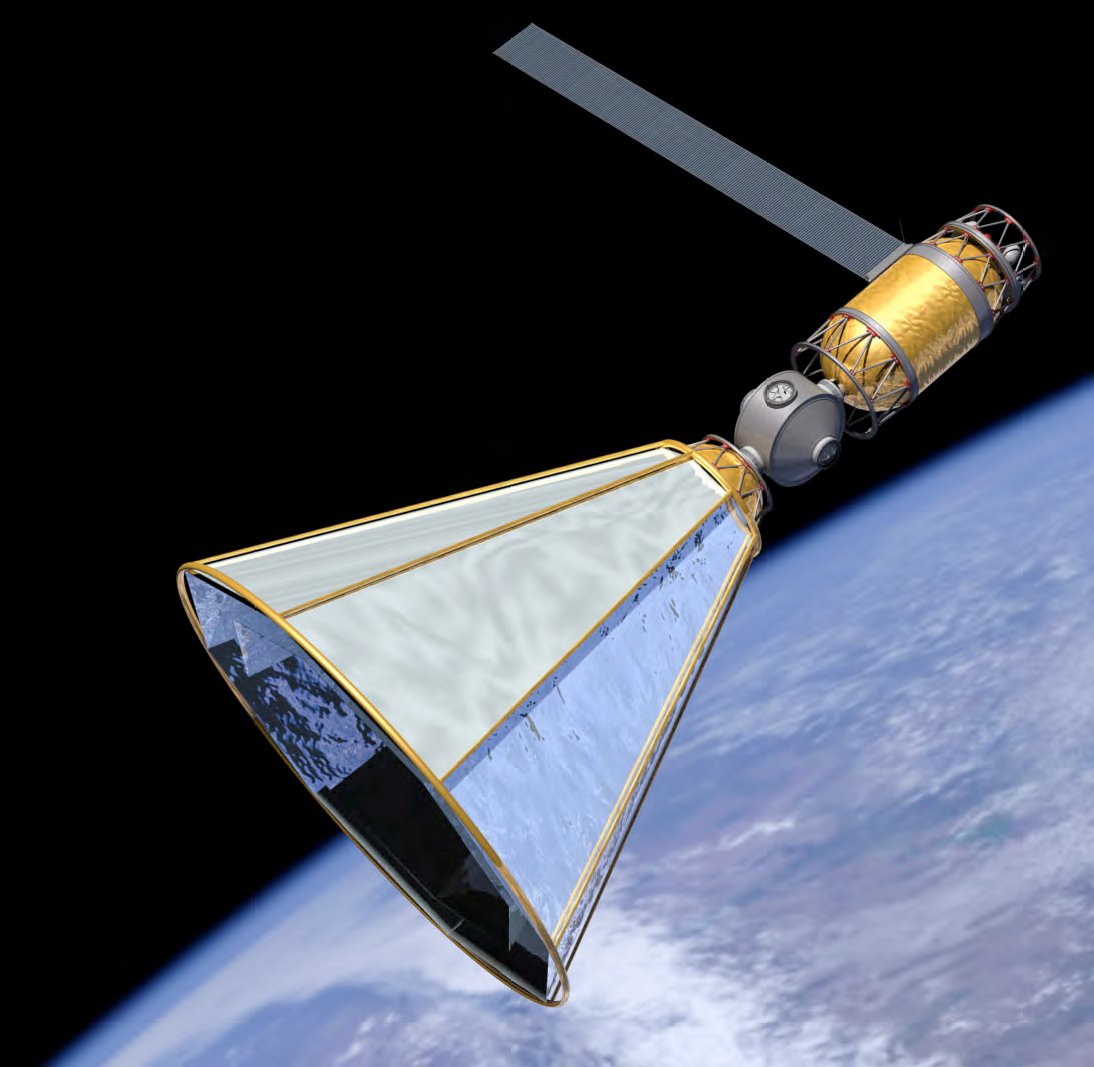WASHINGTON — Astroscale U.S., a provider of on-orbit services to extend the life of satellites, has signed an agreement to use Orbit Fab’s in-space refueling tankers, the companies announced Jan. 11.
Orbit Fab, a startup offering “gas stations in space,” will refuel Astroscale’s geostationary satellite servicing spacecraft known as LEXI, short for Life Extension In-Orbit.
The agreement commits Orbit Fab to supply up to 1,000 kilograms of Xenon propellant to refuel Astroscale’s LEXI vehicles, the first of which is projected to launch in 2026.
LEXI will provide services like station keeping and attitude control, momentum management, inclination correction, geostationary orbit relocation and retirement to graveyard orbit, said Lopez.

 www.orbitfab.space
www.orbitfab.space






